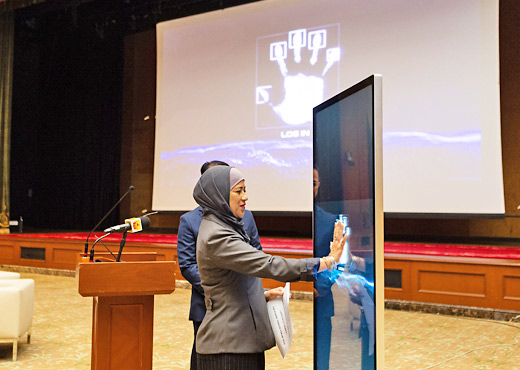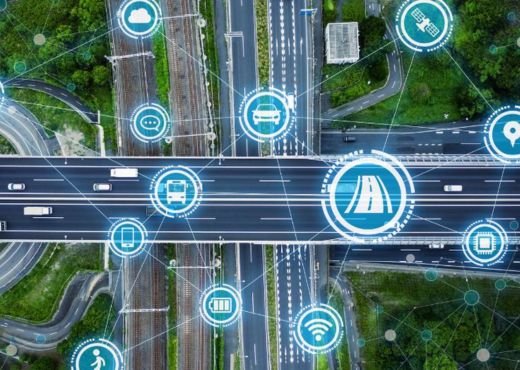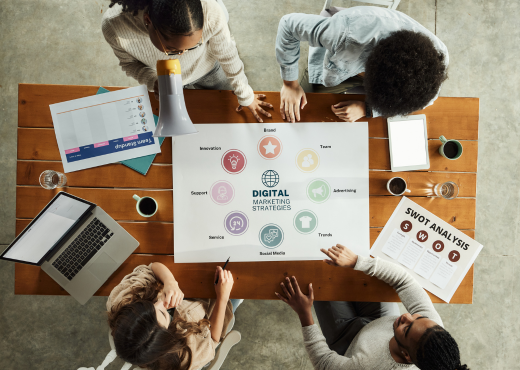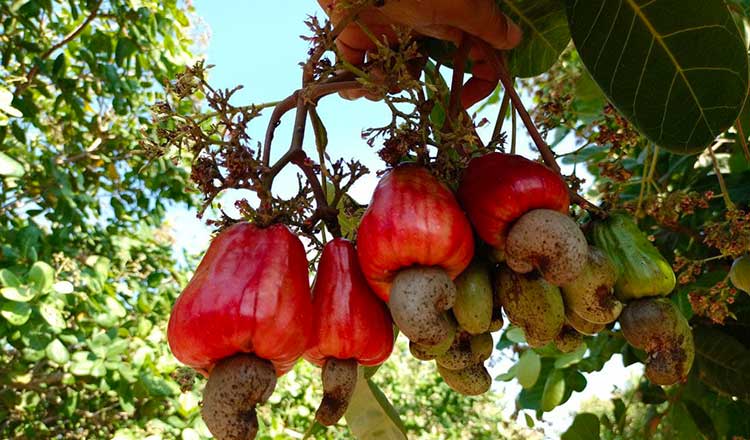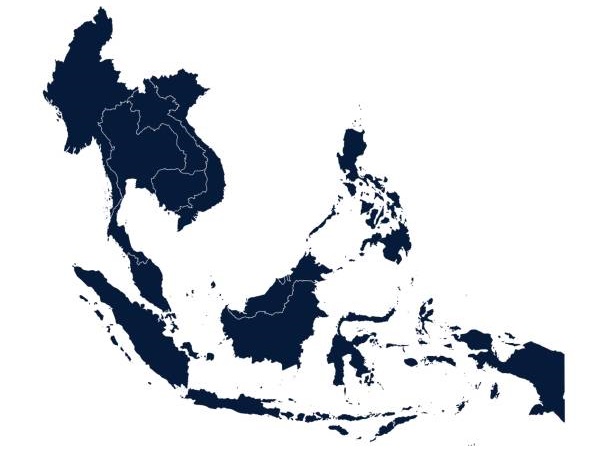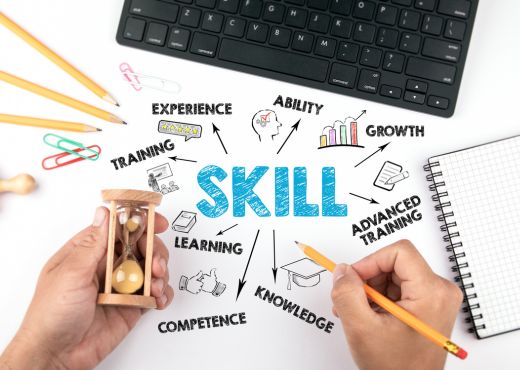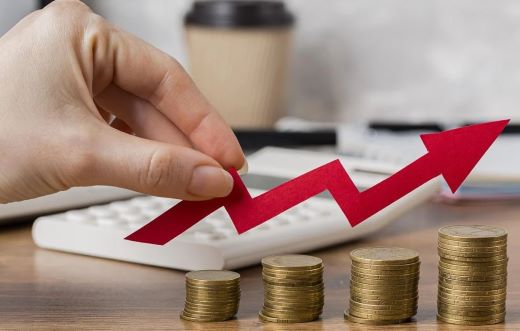Permanent Secretary (Energy) at the Prime Minister’s Office Hajah Farida binti Dato Seri Paduka Haji Talib yesterday called for expanding the participation of contractors in the opportunities available within the power sector through fostering strategic partnerships with the hope of driving the nation’s energy future.
She said this in her remarks during the launch of the Power Vendor Forum yesterday at the Prime Minister’s Office (PMO).
Emphasising the government’s steadfast commitment to enhance the power sector to be fit for the future, the permanent secretary, who was also the guest of honour, said, “Our effort lies with the Department of Energy’s vision of achieving ‘Energy Security for Brunei Darussalam’s Prosperity’. Our goal is to ensure a sufficient and reliable power supply, while optimising our power systems to meet current and future demands. This vision is critical for our nation’s continued growth and development. By working together, we can create a power sector that not only meets our needs but also drives our economic and social progress.”
In the face of global energy challenges and the urgent need for robust solutions, she said, ”It is imperative that we harness the collective strength of the energy industry. The power sector is not just a cornerstone of our economy; it is the underlying source that powers homes, businesses, and industries. Ensuring its robustness and resilience is a responsibility I believe we all share.”
She added, “We recognise that the key to achieving this lies in developing a dynamic and competitive market where contractors of all sizes can participate and succeed. The forum is a testament to that commitment. It is a platform designed to connect businesses with upcoming opportunities, facilitating access to projects and services that will propel our sector forward.”
The half-day vendor forum, centred on power and renewable energy was organised by the Department of Energy, in collaboration with the Department of Electrical Services (DES).
The theme, ‘Connecting Businesses with Emerging Opportunities’, has a direct link to the Department of Energy’s vision that aligns with the national strategic agenda under Brunei Vision 2035.
The overarching intent is to create the foundation for a dynamic and competitive market for power and renewable energy.
The forum aimed to provide local and international contractors the opportunity to meet and form strategic partnerships as well as to widen the range of potential contractors in power projects.
The forum began with a keynote presentation from Deputy Permanent Secretary (Energy) at the PMO Pengiran Haji Jamra Weira bin Pengiran Haji Petra, which provided an overview of the power sector landscape in the Sultanate.
It proceeded with panel sessions by DES Acting Director Ahmad Ridza bin Dato Seri Setia Haji Abdul Rahman and Department of Energy Head of the Energy Transition Division Shirley binti Sikun.
The forum was attended by 61 companies, with over 212 individuals from businesses in the Sultanate, South Korea, Malaysia, Singapore and Thailand. A vendor clinic was also organised by the DES.
Source: Borneo Bulletin
Read the full article here

